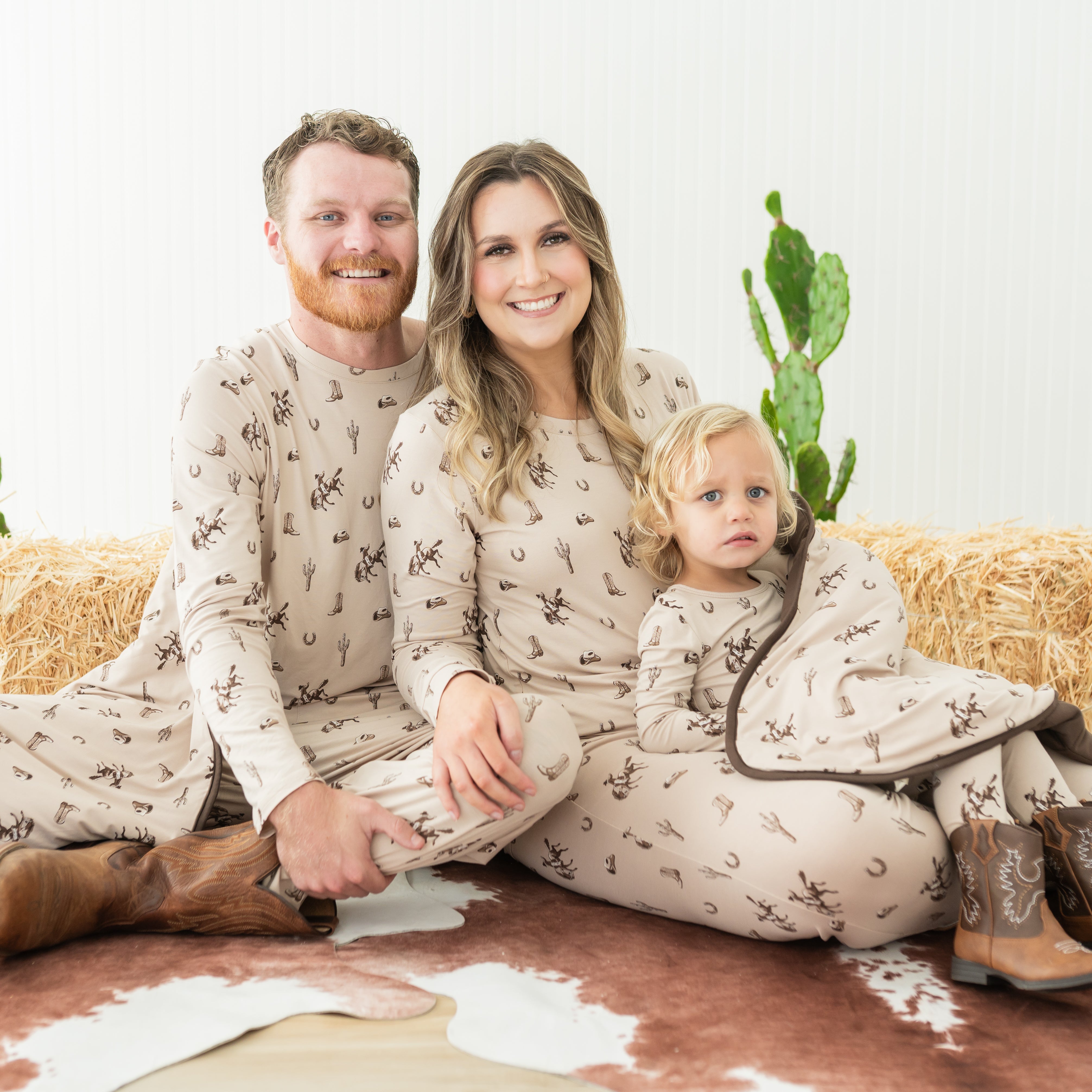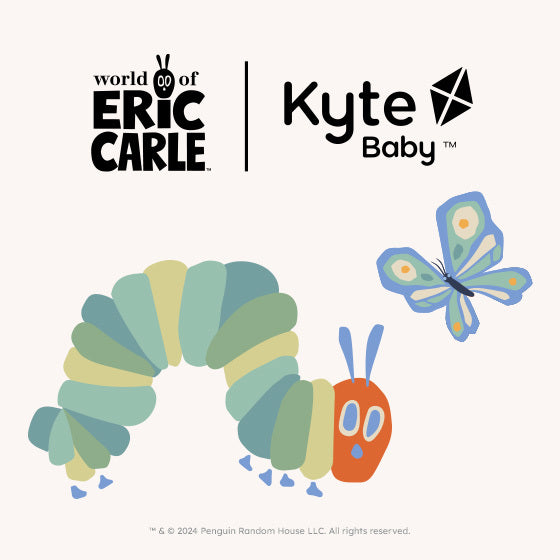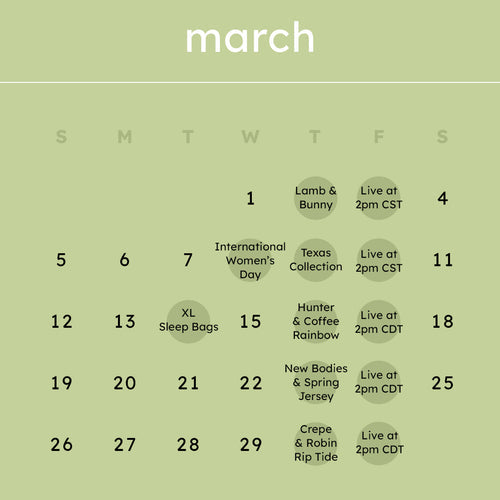As a work-from-home, homeschooling mom of 4 kids, nap time is sacred in our house. And I get the frustration behind short naps when it feels like that's your only "you" time during the day!
Short naps can trigger lots of feelings in parents-- like they're failures like they can't get it right, and it makes them wonder if short naps are bad for their baby. (Parents tell me this *all* the time and I want you to know that how your baby sleeps is not a reflection on you!)
The Truth About Short Naps
Here's the truth (and hopefully something that gives you peace):
Short naps are not necessarily bad for babies. Babies do need to sleep frequently throughout the day to support their growth and development. The number of naps a day a child needs and how long they sleep for an individual nap is dependent on their specific sleep needs.
Causes for Short Naps
The caveat, though, is the length of a nap can impact a baby's overall sleep patterns and how rested they feel after waking up. Some kids will wake up happy and ready to go after a "short" nap and other kids will be cranky or fussy.
If they're the latter, you may wonder what you're doing wrong and how you may help your little one take longer naps. Here are common causes of short naps for babies:
1. Environment Can Affect Nap Length
A "sleepy" environment is dark, cool, and uses white noise. When we talk about darkness, we do mean pitch black. That's because babies aren't motivated sleepers and scientifically, light exposure causes our bodies to release hormones that keep us awake. Babies can experience "fomo" and will want to interact more with their environment than they want to sleep. The addition of a pitch-black sleep space tells their body it's time to sleep (instead of a lighter sleep space indicating it's time to be awake).
This doesn't mean your child will only ever be able to sleep in dark spaces. Whether a child is flexible enough to sleep in dim or well-lit areas is more so a personality trait and not something that can easily be trained.
A well-lit or dim environment can be the cause of short naps because they can have trouble falling asleep or transitioning sleep cycles/connecting sleep cycles for longer naps.
2. Naps Vary Based on Sleep Schedule
Since wake times are not evidence-based, it can feel tricky finding the timing that results in a child going to sleep easily and sleeping longer than 30-45 minutes at a time. Once you've settled on wake times that work for your child, it doesn't mean they'll always work! When you have signs to change them (like not falling asleep easily or staying asleep), then add 15 minutes and see how that goes. It can take some playing around with to find a schedule that works best for your child (and not just a random one you found on Pinterest).
3. Routines to Encourage Sleep
Having routines before sleep helps signal that sleep is coming-- babies and toddlers can have difficulty with transitions so having predictable steps that happen leading up to sleep ease them into nap mode.
4. Baby Isn't Given the Chance to Fall Back to Sleep
It can be common to wake between sleep cycles, but rushing in whenever you hear a peep may cause the nap to be short instead of them returning to sleep on their own.
5. Baby's Sleep Patterns Are Changing
Naps take time to develop in little babies' brains. If your child was a stellar napper as a newborn and you're now in a phase of short naps, know that it's probably from your child's sleep maturing and naps will lengthen again!
There can be other causes like not going to sleep independently (this just means they may need that same assistance to go back to sleep-- do it!), a pacifier (it's meant to fragment sleep), or maybe dozing off shortly before a nap (which wipes out their sleep drive).

Tune in to Your Baby's Individual Sleep Needs
It's important to note that babies have different sleep needs at different stages of development, and there is no one-size-fits-all approach to napping. Some babies may take shorter naps throughout the day, while others may take longer naps less frequently. As long as your baby is getting enough sleep overall and is generally content and healthy, there is likely no need for concern.
That being said, if you notice that your baby consistently takes short naps and seems fussy or tired throughout the day, it may be worth adjusting their sleep schedule or seeking advice from a pediatrician or sleep specialist.
Author Bio: Ashley Olson is a certified pediatric sleep consultant, owner of Heaven Sent Sleep and The Collective for Family Rest and Wellness, and is passionate about helping new parents, experienced parents, and desperate and sleep-deprived parents form healthy sleep habits for their children.
She has over 5 years of experience in working with families and has completed over 150 hours of coursework plus continuing education related to infant and toddler sleep. The focus of her work is on fostering a routine that grows your bond with your child while improving their sleep habits. She specializes in custom sleep plans and one on one support in changing sleep practices!






















